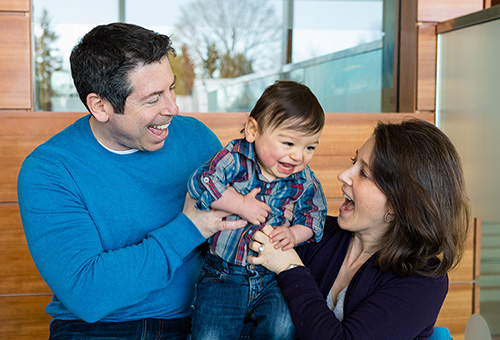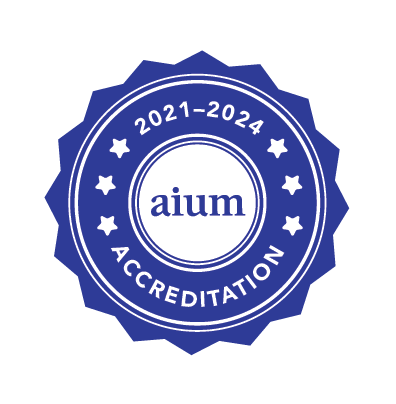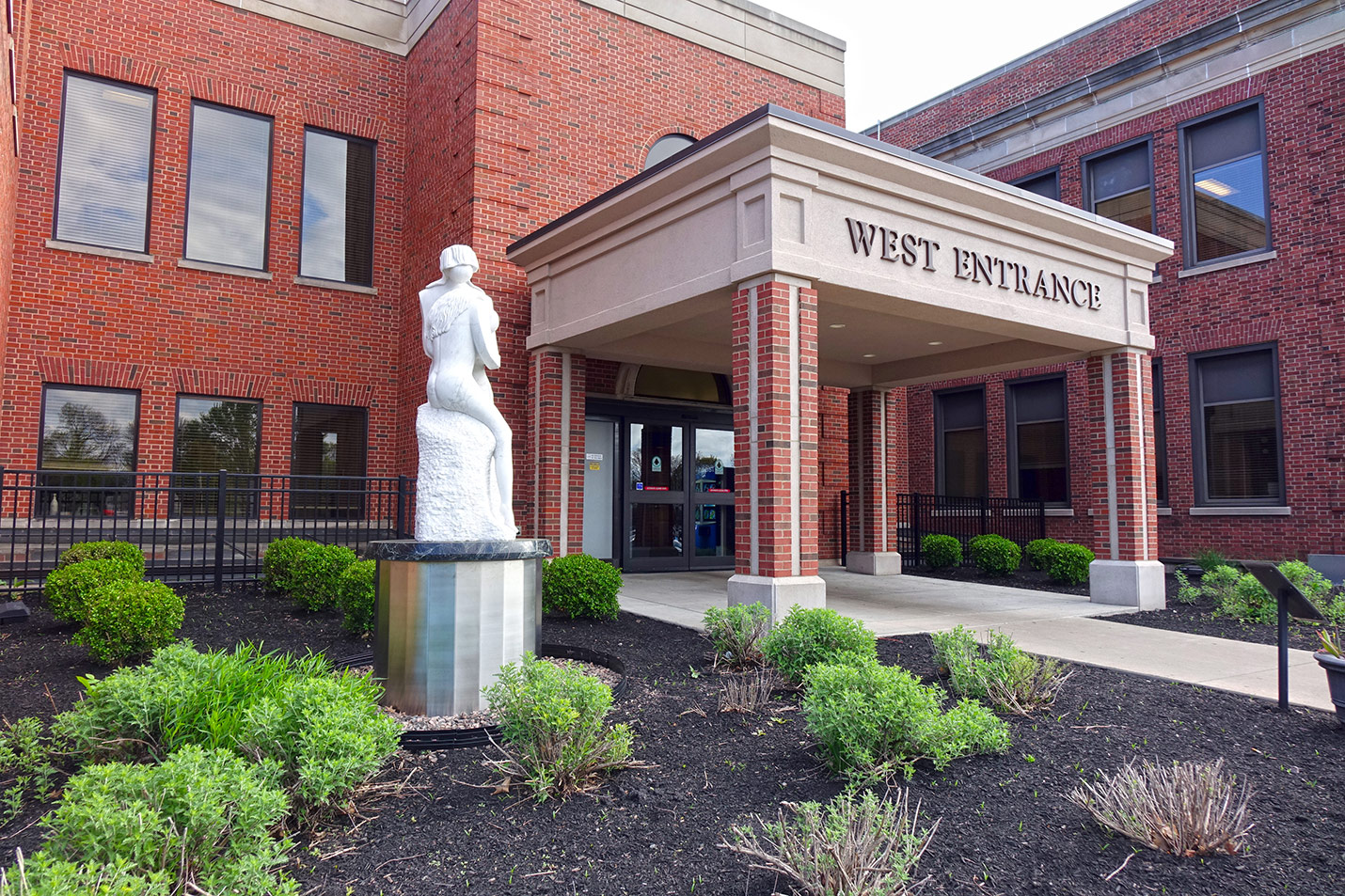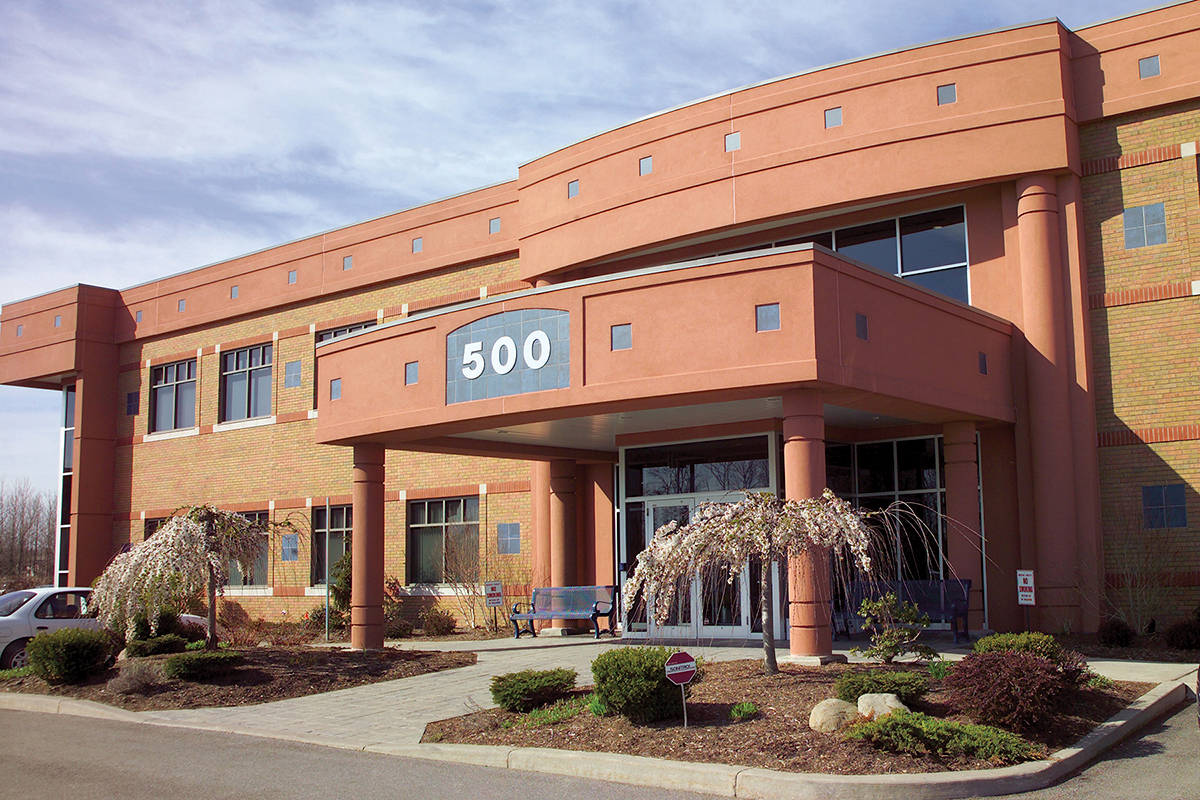Birth Defects
Make Appointments & Get Care
What are Birth Defects?
Birth defects are abnormal structural changes in the growth and development of your child during fetal development. These changes can affect any part of your baby’s body, range from mild to severe, and may or may not be visible.
Birth defects are very common. They affect about 1 in 33 children; over 120,000 infants are born with a birth defect each year in the United States. They can happen any stage of your pregnancy, but most occur within the first three months, when your baby’s organs are forming. However, a birth defect does not always affect a person’s lifespan or quality of life.
Your provider may use the following terms to describe a birth defect: anomalies, malformations, and congenital abnormalities (present from birth).
What Causes Birth Defects?
While some birth defects can be linked to a direct cause, like fetal alcohol syndrome, more than two-thirds have no known cause. The most common causes are genetic, infectious, and environmental, including exposure to toxic substances during pregnancy.
How are Birth Defects Diagnosed?
Some birth defects can be detected and diagnosed before your baby is born. Others, like cleft lip, are diagnosed immediately after birth. Some birth defects are not discovered or diagnosed until childhood or adulthood.
Maternal Screening Testing
You will be offered blood and ultrasound screening tests for birth defects and genetic conditions during your pregnancy. In your first trimester, you will be screened for fetal heart conditions and chromosomal conditions, like Down syndrome.
An anomaly ultrasound, done in your second trimester, examines your baby’s anatomy for any structural birth defects. Additional blood tests, including AFP+ (Quad) screening, for chromosomal conditions and spina bifida are also typically performed at this time.
If any of your screening tests find areas of concern, you may be offered additional diagnostic tests, like:
- Fetal echocardiogram, an ultrasound of your baby’s fetal heart.
- Fetal MRI, used to evaluate your baby’s brain or nervous system.
- Chorionic villus sampling, in which a small piece of your placenta is examined for chromosomal and genetic conditions.
- Amniocentesis, a collection of amniotic fluid to test for chromosomal conditions and genetic changes.
If you would like to have maternal screening done during your pregnancy, talk to your provider or call Reproductive Genetics at (585) 275-3304.
By the Numbers
20k+
Ultrasounds Each Year
200+
Fetal Echocardiography Exams Each Year
25+
Years of AIUM Accreditation
Ready for an Appointment?
Call (585) 487-3350UR Medicine's Treatments for Birth Defects
There is no cure for birth defects, but children can often be treated to help reduce problems. Treatment will depend on your child’s symptoms, age, and general health. It will also depend on how severe their condition is.
Babies and children with birth defects may be treated with:
- Surgery
- Medications
- Physical or occupational therapy
- Education intervention
We understand learning your unborn baby may have a birth defect can be frightening. UR Medicine’s Maternal-Fetal team is here to support you every step of the way. From diagnosis and prenatal management, delivery, and care after birth, our internationally recognized experts work together to fully understand your baby’s condition and make sure you both receive the best possible care.
UR Medicine’s Perinatal Supportive Care Clinic (PSCC) is a bi-weekly clinic where you and your family can meet with the neonatology team, tour the NICU space, and the review plan for your infant’s care.
At this meeting, you will meet with a team of physicians and social workers from the neonatal team to review your baby’s special needs and care options. The team will work with you and your family to help answer questions and plan for your delivery.
Patient Stories
Preemie fights through bleak diagnosis, multiple surgeries

What Sets Us Apart?
UR Medicine’s Golisano Children’s Hospital's Neonatology program has been recognized as one of the nation’s best in the U.S. News & World Report’s Best Children’s Hospital rankings.
UR Medicine Maternal-Fetal Medicine has the most advanced diagnostic testing and experienced team that is specially trained to identify and diagnose fetal abnormalities in Upstate New York. We see uncommon, complicated birth defects on a daily basis. Our level of experience helps us provide answers to almost any question, assuring that you are able to plan for your delivery and care after birth to help contribute to the best possible outcomes for you and your baby.
When you are facing a pregnancy with a complex condition, just making all the needed appointments can be overwhelming. Our team of fetal and maternal care coordinators will ensure you receive all the information and support you need before and during delivery.
These care specialists can help with everything from:
- Coordinating referrals to UR Medicine’s specialists and experts.
- Navigating appointment schedules.
- Explaining complex testing and test results.
- Planning for delivery.
- Answering your questions at any point during your pregnancy.
Locations
View All LocationsWe serve you in the Rochester metropolitan area and surrounding region.
View All Locations7 locations
Lattimore Medical Center
125 Lattimore Road, West Entrance, Suite 150
Rochester, NY 14620
Calkins Corporate Park (Red Creek)
500 Red Creek Drive, Suite 210
Rochester, NY 14623
Lattimore Medical Center
125 Lattimore Road, West Entrance, Suite 150
Rochester, NY 14620
Highland Perinatal Center
990 South Avenue, Suite 105
Rochester, NY 14620
Golisano Children's Hospital
601 Elmwood Avenue
Rochester, NY 14642
990 South Avenue, Suite 105
Rochester, NY 14620
Highland Perinatal Center
909 Culver Road
Rochester, NY 14609
Related Services & Conditions
- Pregnancy & Childbirth
- High-Risk Pregnancy
- Reproductive Genetics
- Pregnancy Complications
- Cleft Lip/Palate
- Miscarriage
- Congenital Diaphragmatic Hernia
- Posterior Urethral Valves in Fetuses
- Fetal Congenital Heart Disease
- Fetal Lung Masses (CPAM and BPS)
- Fetal Nerve, Spine, and Brain Conditions
- Fetal Urinary Tract Dilation (Pyelectasis)
- Gastroschisis
- Omphalocele
- Obstetrics & Gynecology
- Maternal-Fetal Medicine
- Advanced Fetal Diagnostic Testing


